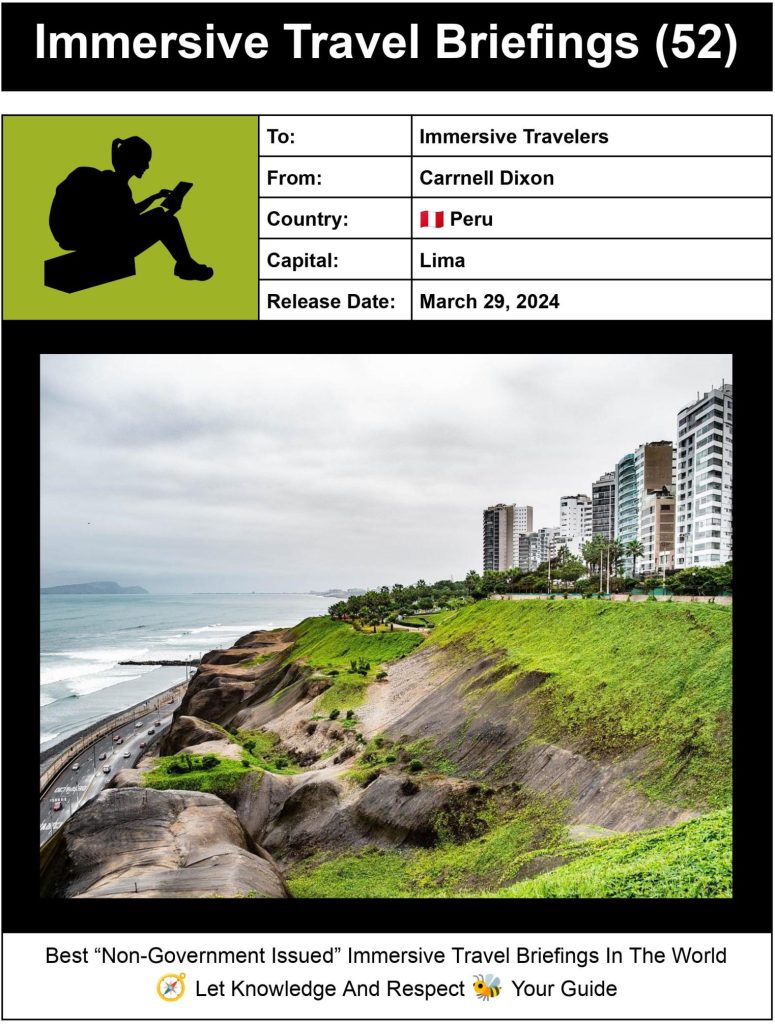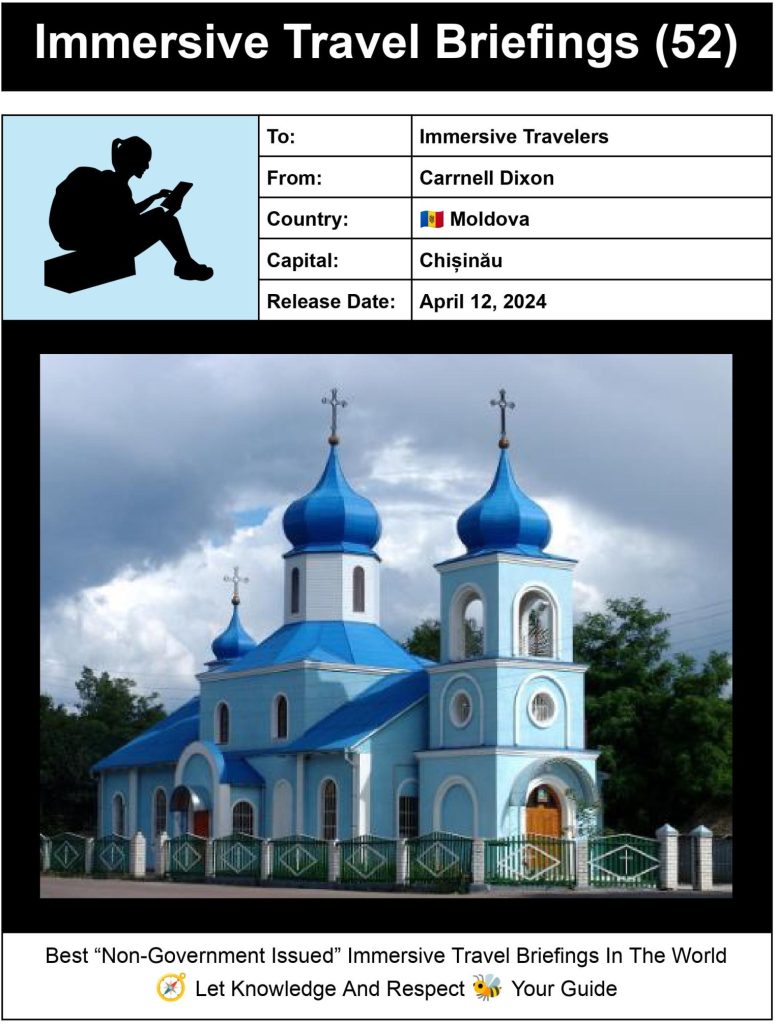.

Knowledge and information, of a people and their country, play a crucial role in fostering respect and understanding. By delving into their history, traditions, values, and contributions, we can gain a deeper appreciation for their unique identity and perspectives. This knowledge enables us to approach interactions with empathy, openness, and a willingness to learn.
Ways in which knowledge and information, of a people and their country, show respect toward them:
◾Acknowledging their unique history and experiences: Understanding and appreciating the cultural heritage and lived experiences of a people is a fundamental aspect of respecting them. Knowledge of their traditions, values, beliefs, and struggles demonstrates a willingness to engage with their identity and perspectives.
◾Validating their contributions to society: Recognizing the advancements, innovations, and artistry that a people have brought to the world shows respect for their intellectual and creative capabilities. Highlighting their contributions to various fields acknowledges their significance and place in human history.
◾Preserving their cultural heritage: Safeguarding the traditions, languages, and art forms of a people is essential for preserving their cultural identity and ensuring its continuity. Respectful engagement with their heritage involves active efforts to document, promote, and protect it from loss or dilution.
◾Engaging in meaningful dialogue: Open and respectful communication with a people fosters understanding and builds bridges. Seeking their perspectives, listening to their concerns, and engaging in constructive dialogue demonstrate a willingness to learn from them and value their insights.
◾Challenging stereotypes and prejudices: Combating misinformation and harmful stereotypes about a people is crucial for dismantling systems of oppression and promoting equity. Respectful engagement involves actively countering negative narratives and promoting accurate representations of their culture and identity.
In essence, knowledge and information empower us to approach interactions with a spirit of respect and understanding. By appreciating the unique histories, contributions, and cultural heritage of a people, we can foster meaningful connections, promote empathy, and contribute to a more inclusive and equitable world. Respect is not merely a courtesy; it is a catalyst for positive change and a foundation for harmonious coexistence.
.



